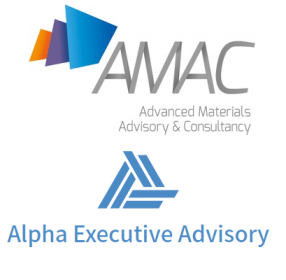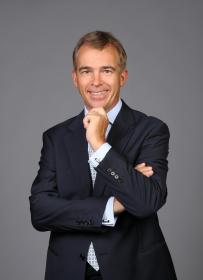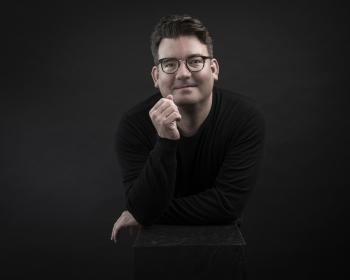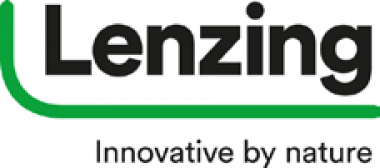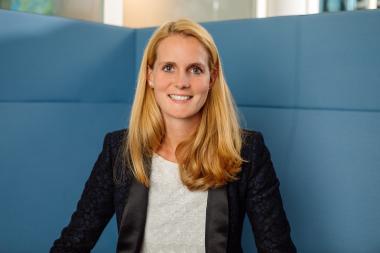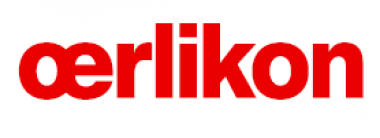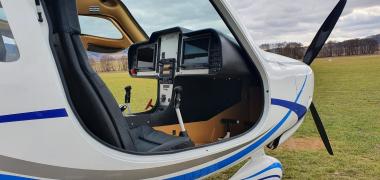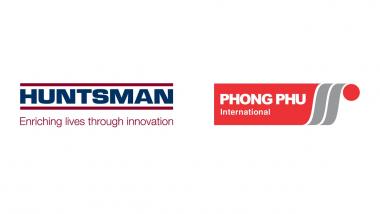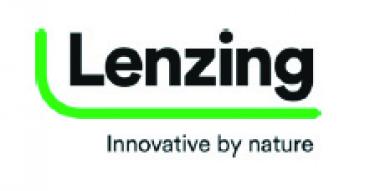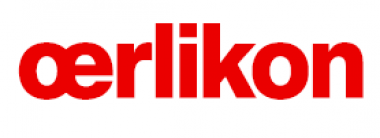AMAC cooperates with Alpha Executive Advisory
In these difficult times of the worldwide COVID-19 crisis, flexible reactions and fast decisions can be of imminent importance, particularly in the fragmented composite industry with its back-bone of small and medium-sized enterprises (SMEs).
In response, the Industrial and Business Consulting company AMAC under the lead of Dr. Michael Effing has signed today a cooperation agreement with Alpha Executive Advisory to jointly offer advisory services in Business Coaching, Acquisitions & Divestitures as well as Business Transformation and Crisis Management, also ad interim.
In detail, this cooperation is to identify the right fit in terms of capabilities and financial strength for companies looking for expansion or divestiture, to deliver support to innovative young start-up firms in order to faster penetrate the market and to smoothen the transition to the next owner in interim management or to make the next appropriate strategic step.
AMAC
AMAC GmbH


